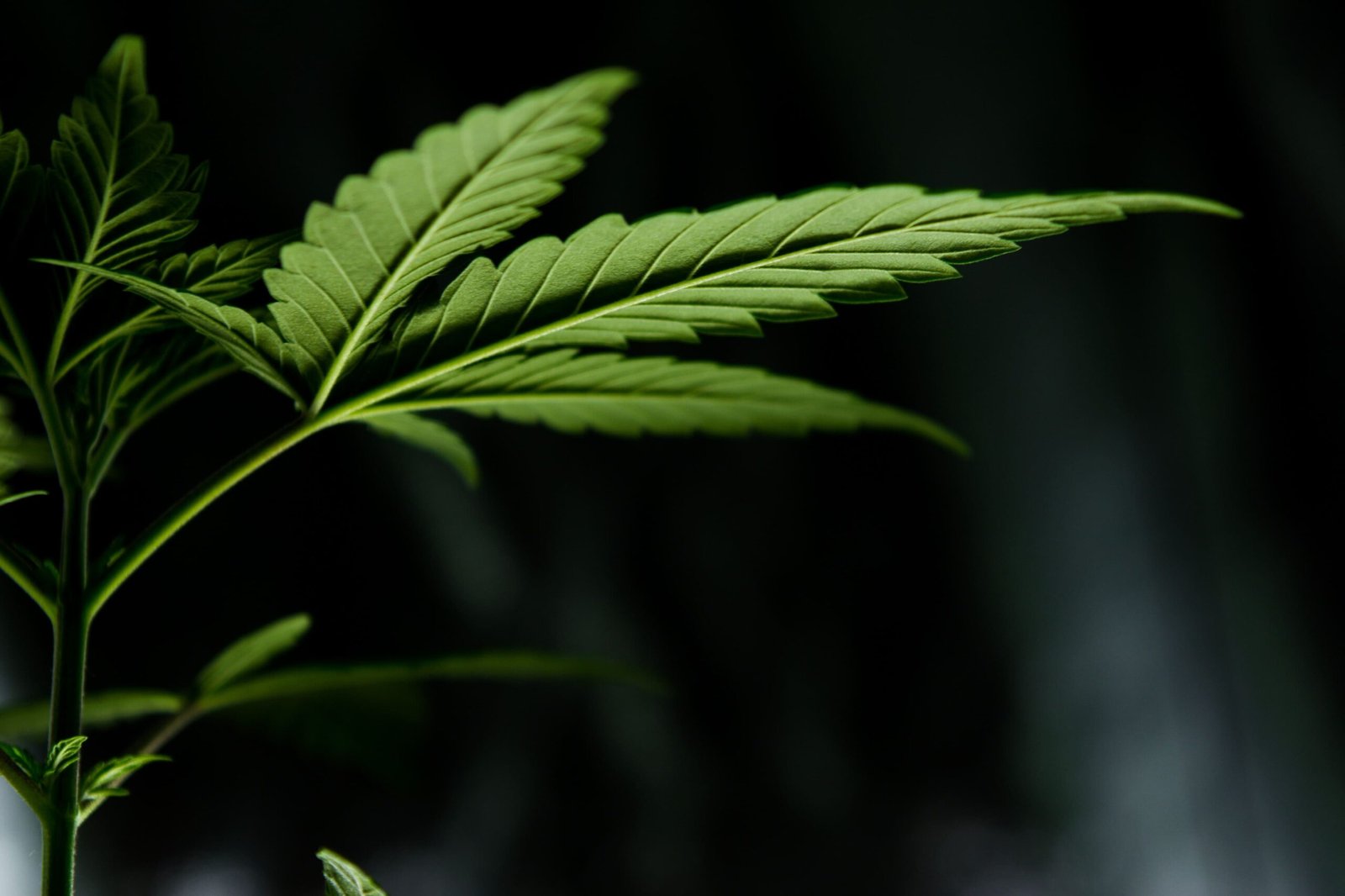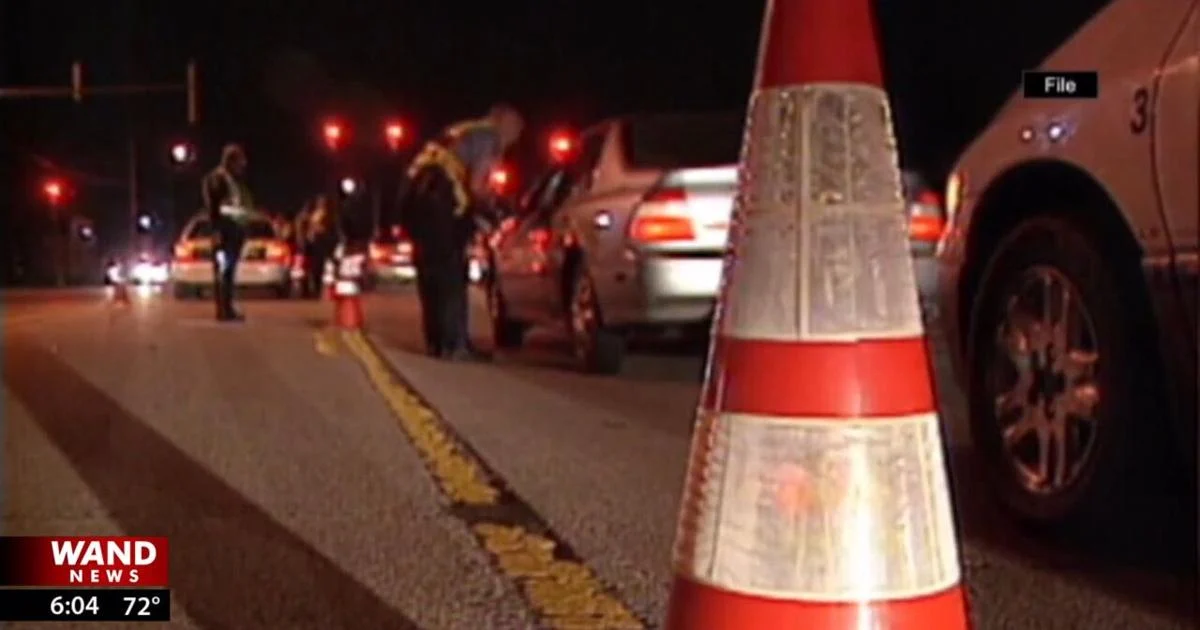Recent traffic stop incidents in Memphis have raised concerns about whether police are overcharging drivers found with small amounts of marijuana. A specific case involved a grandmother arrested for possessing just over half an ounce of marijuana, leading to a felony drug-trafficking charge, despite the small quantity.
Memphis Police Department (MPD) pulled over a vehicle for an expired tag and claimed to smell marijuana. After a search, officers discovered 16.1 grams of marijuana in the passenger’s purse. This incident is part of a broader pattern identified by the Institute for Public Service Reporting (IPSR), which analyzed 13 similar cases where felony marijuana charges were later dropped due to insufficient evidence.
Defense attorney Claiborne Ferguson criticized the felony charges as excessive, noting that simple possession of marijuana is a misdemeanor in Tennessee. The woman involved, a cancer patient, expressed her fear of being associated with a criminal charge, highlighting the emotional toll such arrests can take.
In a separate case, Dominique Hodges, 26, experienced similar issues after being arrested for marijuana possession during a traffic stop. She spent hours in jail and incurred significant legal fees before her charges were dropped. Hodges stated, “I lost my job” due to the arrest, emphasizing the disruption caused by such incidents.
Of the 13 individuals arrested in the reviewed cases, 12 were Black, raising questions about racial profiling and targeting in traffic stops. All arrests were made after officers claimed to smell marijuana, often without sufficient justification. In Shelby County, police can issue a misdemeanor citation for small amounts of marijuana without making an arrest, but felony charges guarantee jail time.
The IPSR investigation revealed that most of the traffic stops were based on minor infractions such as expired tags or broken lights, which then escalated into searches based on the alleged smell of marijuana. Police often use this claim to establish probable cause, but many defense attorneys argue that this practice lacks proper evidence and is sometimes a pretext for unwarranted searches.
Shelby County District Attorney Steve Mulroy acknowledged that police frequently bring felony charges that are later reduced to misdemeanors, indicating a disconnect between the evidence available and the charges filed. He mentioned that aggressive policing practices can disproportionately impact the Black community, suggesting that the current approach needs review.
A recent report by the Justice Department indicated that MPD engages in unlawful traffic stops and searches, highlighting the need for reform. The report noted that officers often justify searches based on smelling marijuana, which courts have found to be unsubstantiated in many cases. For instance, one officer claimed to have smelled marijuana from a car traveling at 60 miles per hour, a situation described as “cringey” by a prosecutor.
According to IPSR’s findings, the median amount of marijuana confiscated during these traffic stops was 20 grams, enough for several joints. However, the law requires evidence of intent to sell to justify felony charges. Defense attorneys explain that possessing larger amounts does not automatically imply intent to sell; additional evidence, such as packaging or large sums of cash, is needed.
In light of these concerns, a special task force has been established to review MPD’s practices. Former federal appeals court judge Bernice Donald will lead the task force, which aims to address allegations of misconduct and improve community trust in law enforcement. The task force’s findings could lead to policy changes regarding how marijuana-related cases are handled in Memphis, particularly in relation to traffic stops and arrests.
Overall, the situation in Memphis underscores the complexities of law enforcement practices around marijuana, especially in a state where cannabis remains illegal for recreational use. The ongoing scrutiny could prompt necessary changes to ensure fair treatment for all individuals, regardless of race or background.


